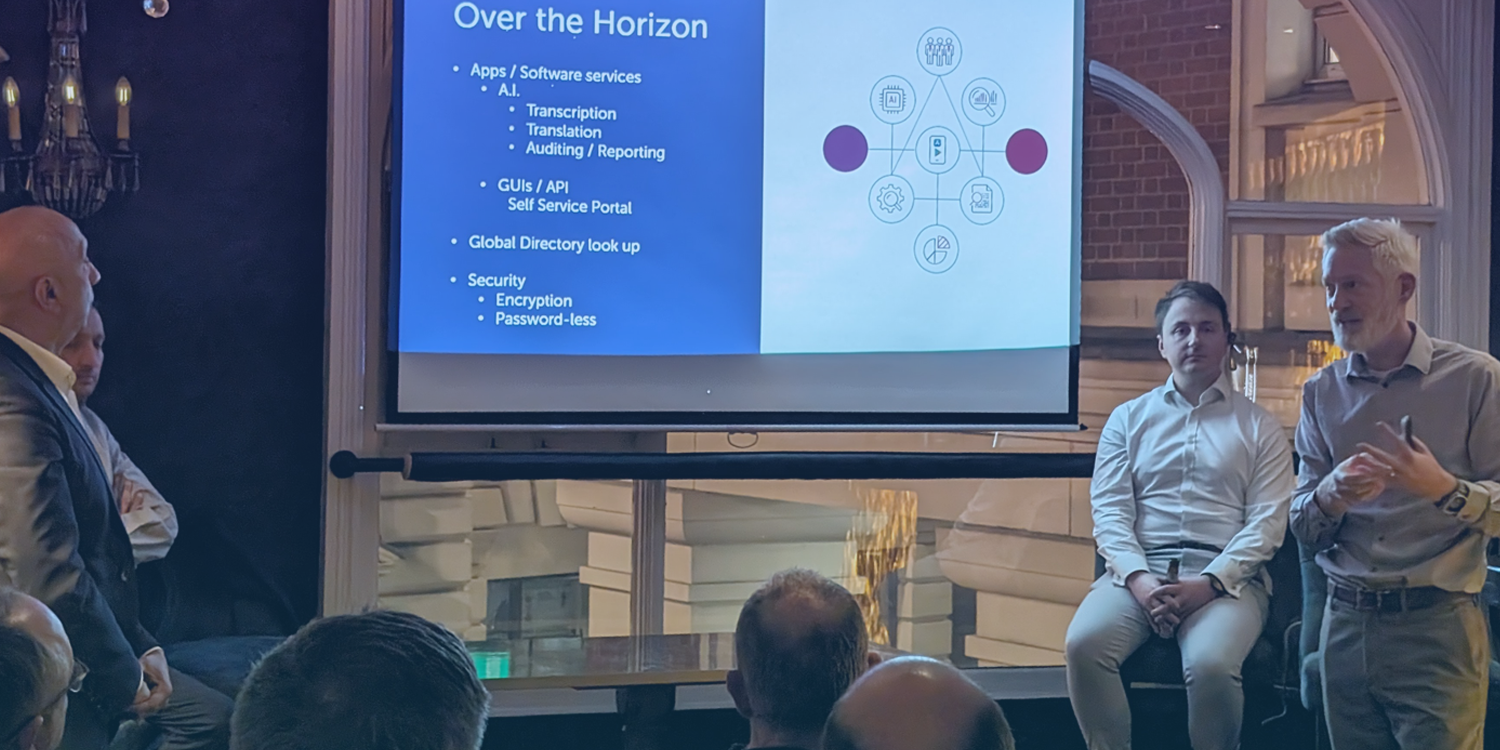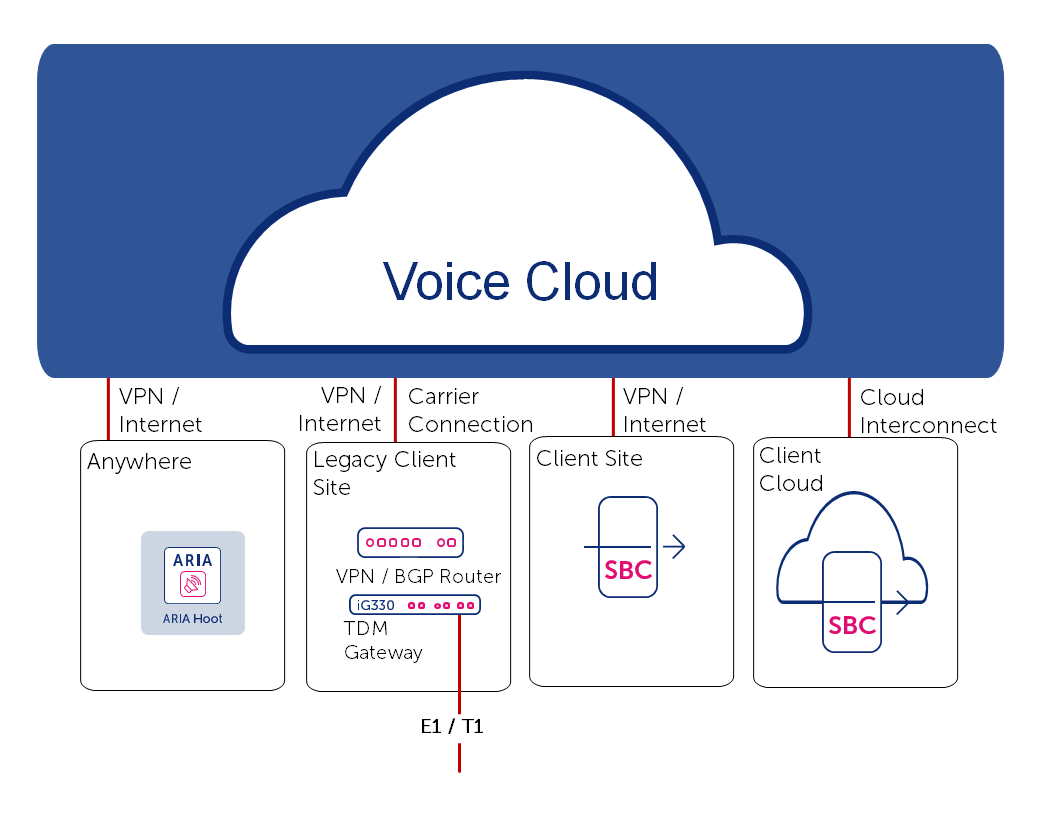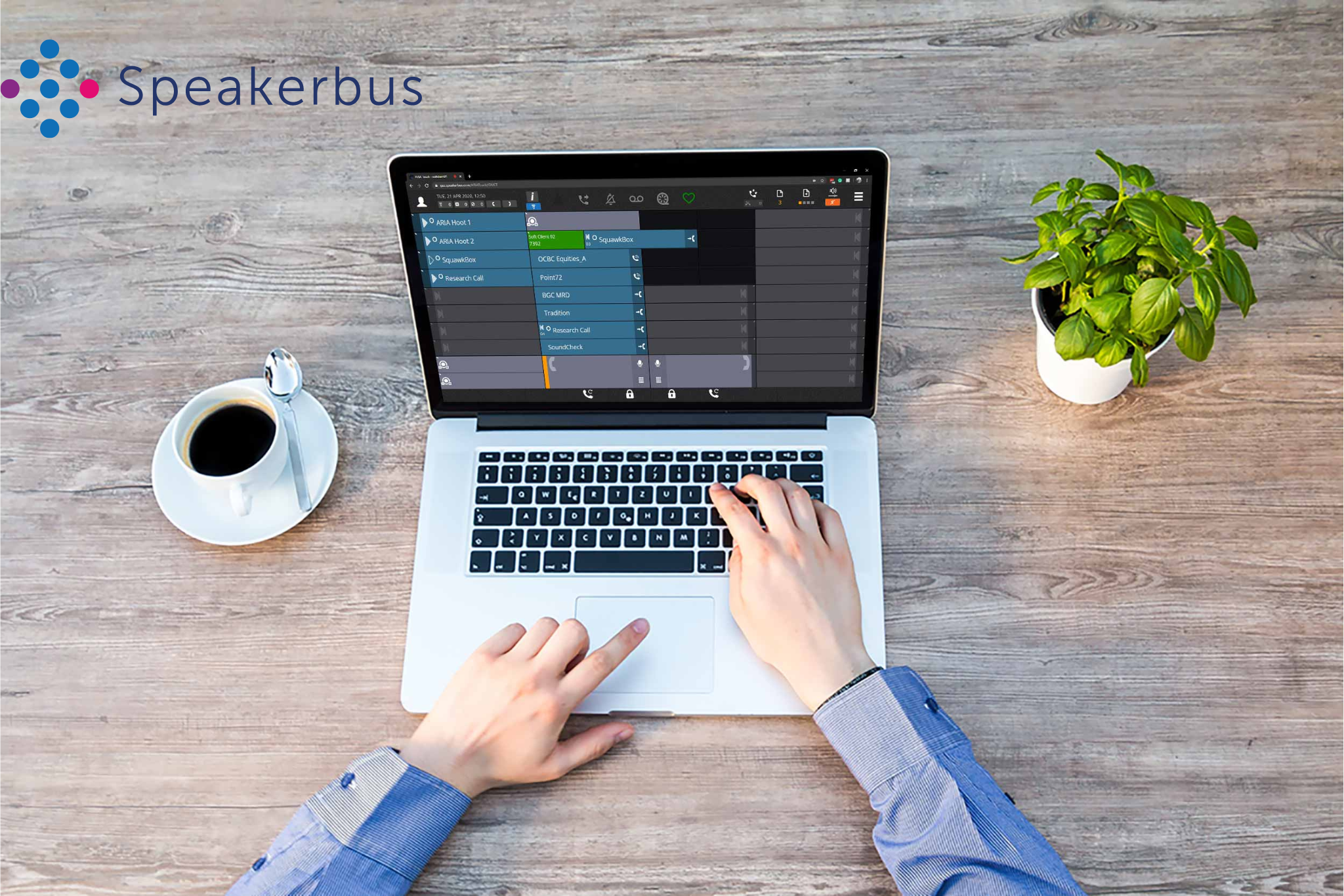
We recently hosted an in-person event for our UK Investment Banking and Broker clients. The objective of the gathering was to delve into the evolving landscape of voice trading and cloud technology, exploring the implementation of an SIP (Session Initiation Protocol) and SBC (Session Border Controller) solution to enable this transformation within our organisation and among our valued clients. It was an engaging and enlightening discussion.
Below are some of the highlights from our forum.
The Legacy
Often relying on traditional technologies, for instance, TDM (Time-Division Multiplexing) technology, and older systems prevalent in Asia where analogue systems still persist, these networks have provided low latency and enabled functionalities like forking and bridging.
However, as technology marches forward, the shortcomings of these legacy systems become increasingly apparent. Legacy equipment is reaching its end of life, and support from vendors is dwindling, leaving clients and carriers in a precarious position.
Compounding the issue is the fact that the pool of engineers knowledgeable about maintaining these systems is shrinking, further exacerbating the support dilemma.
Consequently, clients find themselves at a crossroads, compelled to transition away from this outdated infrastructure. The imperative to adapt to newer, more flexible, and efficient networking paradigms becomes ever more pressing in this rapidly evolving landscape.
The Transformation
Session Initiation Protocol (SIP) and Session Border Controllers (SBC) are technologies that can enable this transformation to this new environment. SIP is the denominator enabling compatibility and interoperability, and SBCs can secure the perimeter and control access.
They are both well proven in the PSTN environment, Speakerbus have been deploying for over 10 years to the trading floor.
In our own Voice Cloud, we have SIP from edge to edge and at its core, minimising quantisation errors with fewer transcoding hops and SIP negotiated direct audio paths lower latency and maintain voice quality.

What does the future hold?
Once we transition to SIP and integrate cloud computing, the potential synergies from incorporating software solutions are vast. Imagine the possibilities: leveraging AI to enhance transcription accuracy, enabling real-time commentary, and even facilitating instantaneous translations. Additionally, the automation of auditing and compliance reports could streamline operations significantly.
Bespoke GUIs tailored to our users’ specific needs could harness data and APIs to create intuitive self-service portals. What features would you prioritise in such a portal? Perhaps robust cost control functionalities, detailed billing insights, or a comprehensive dashboard displaying real-time usage status?
As we move towards a global SIP directory, could there be unexpected opportunities? Consider the concept of a "Tinder for Trader Voice" – a platform where users swipe right to connect with their ideal trading counterpart. Could such a service revolutionise how we interact within the trading community?
Security remains paramount in this digital age. With additional computing power, traditional password and encryption methods may become vulnerable. Should we explore password-less authentication methods to bolster our defences?
The transition to Software Defined Trader Voice opens a multitude of possibilities.
Wrap-up
The benefits of clients transitioning from legacy solutions to modern Cloud architecture enabled by SIP and SBCs are substantial, necessitating further discussion on deployment, security, and operational support.
Speakerbus is already on this journey with our clients, guiding them every step of the way.
Why not join us on this transformative journey contact Speakerbus today to learn more about our latest solutions.


